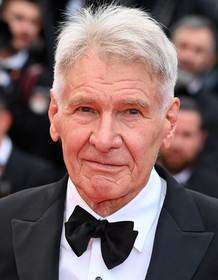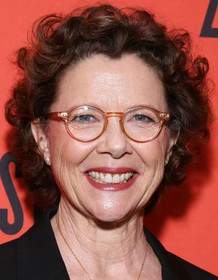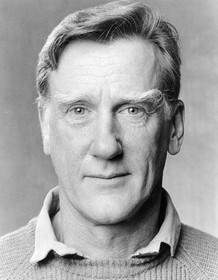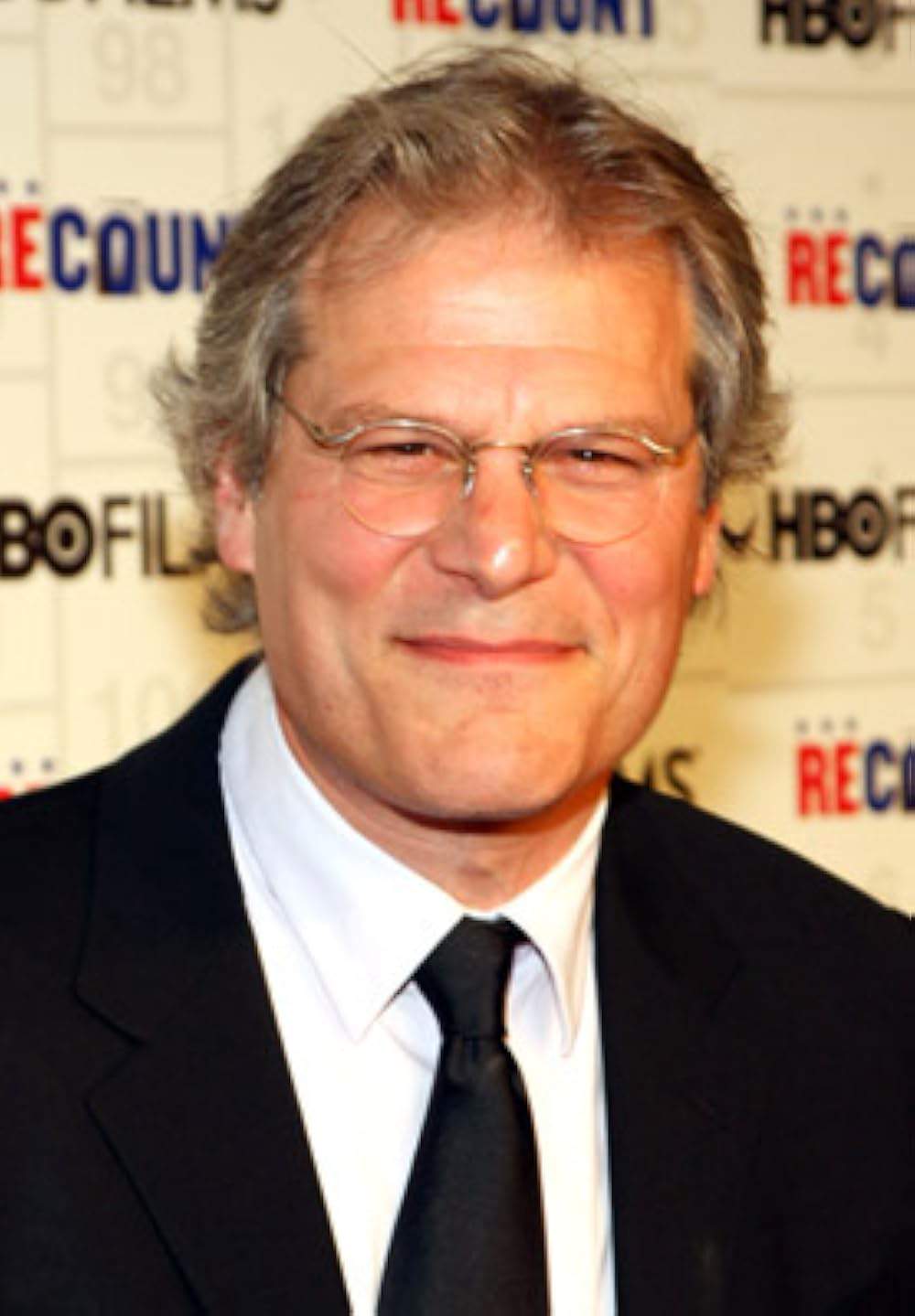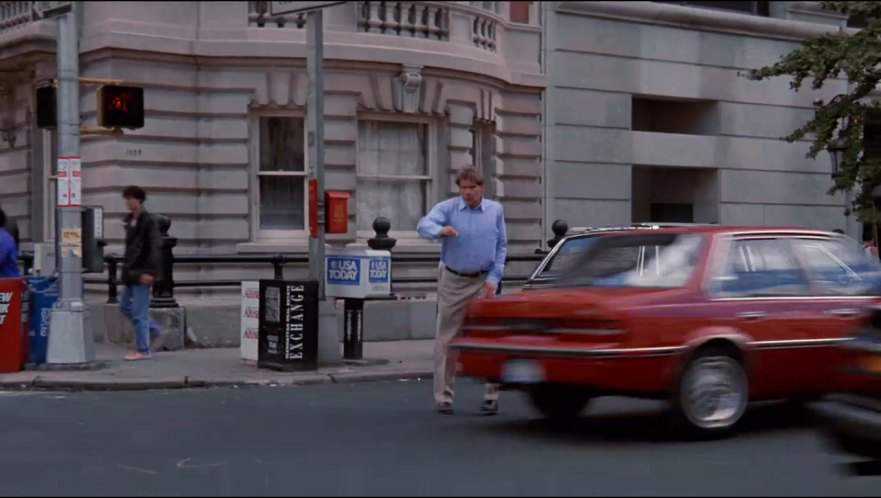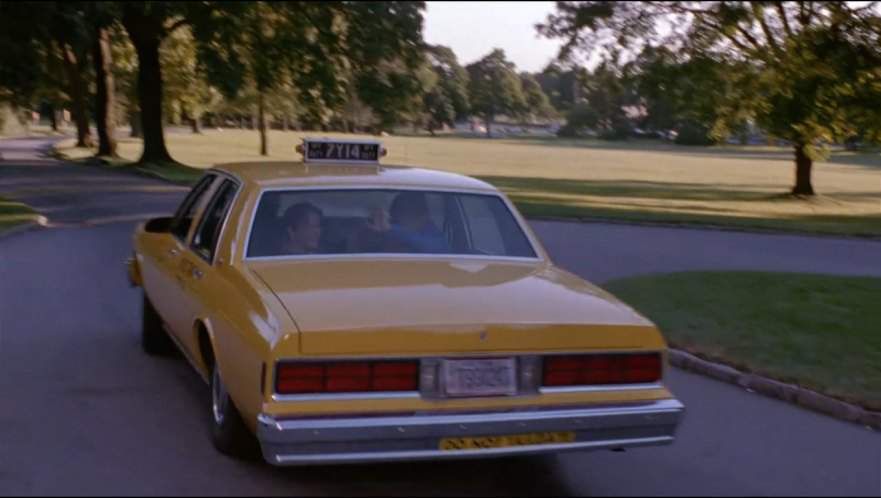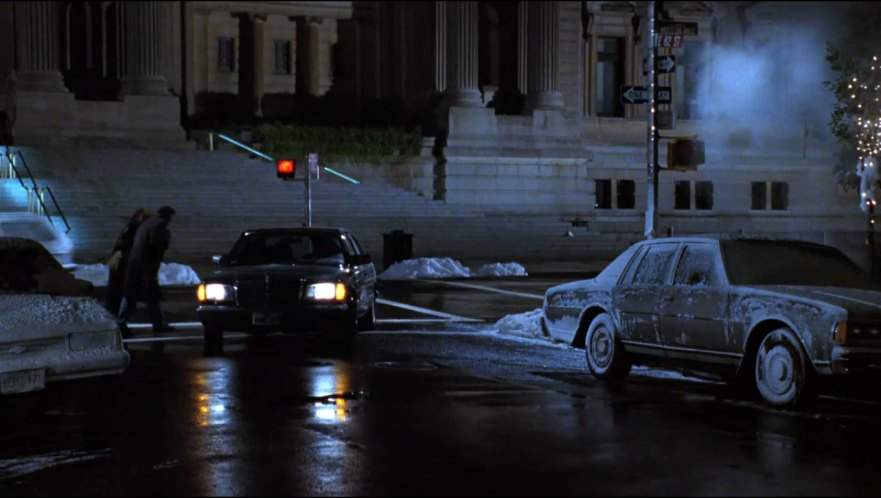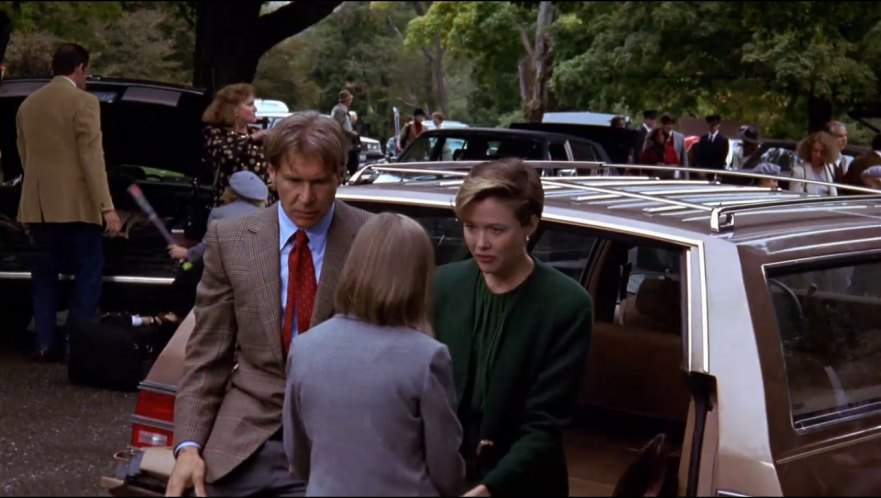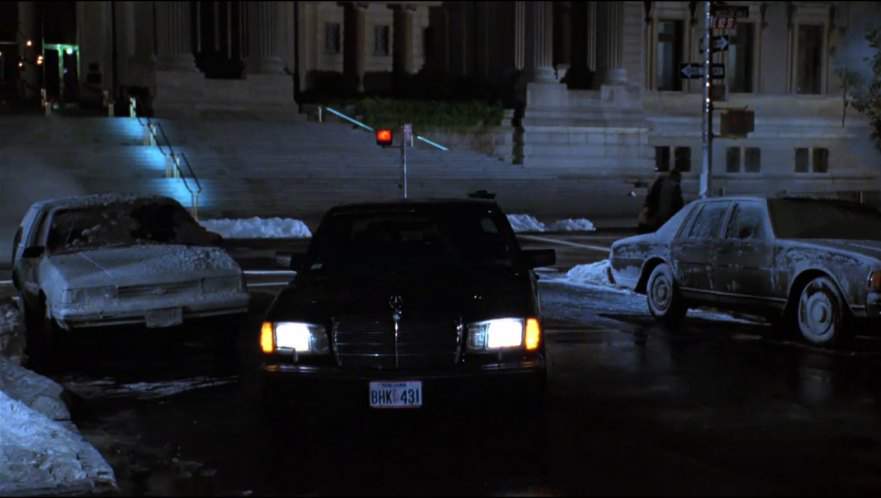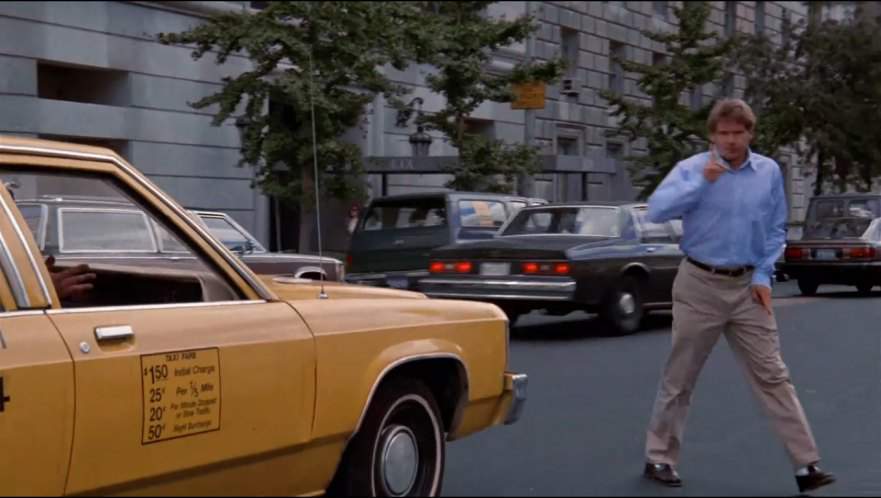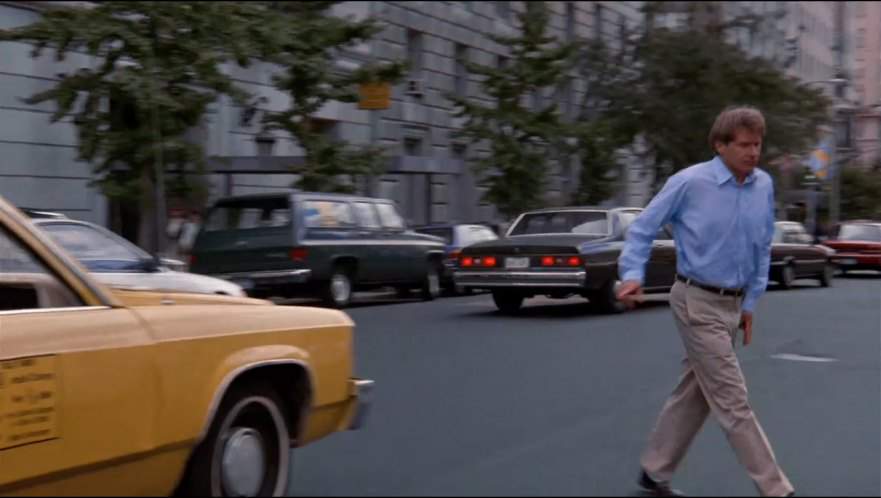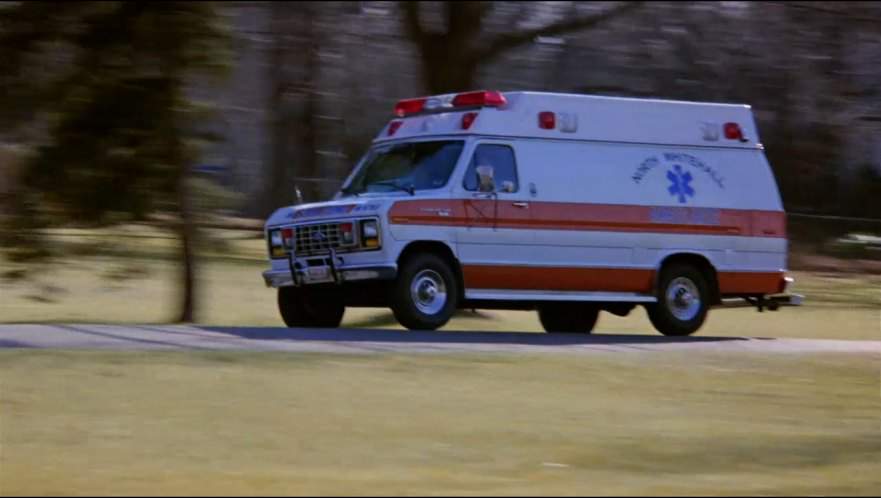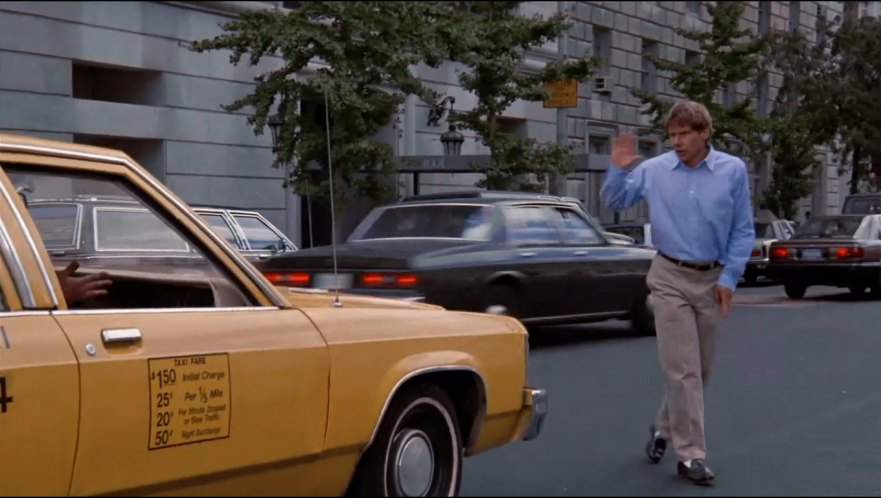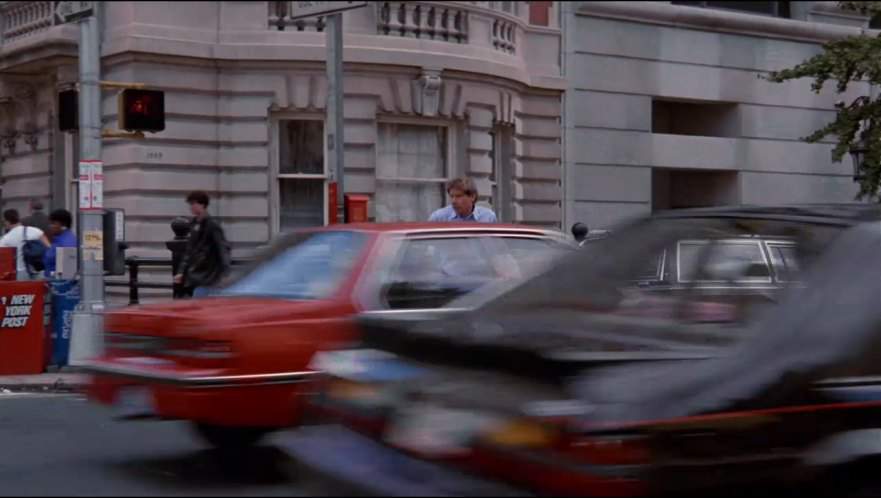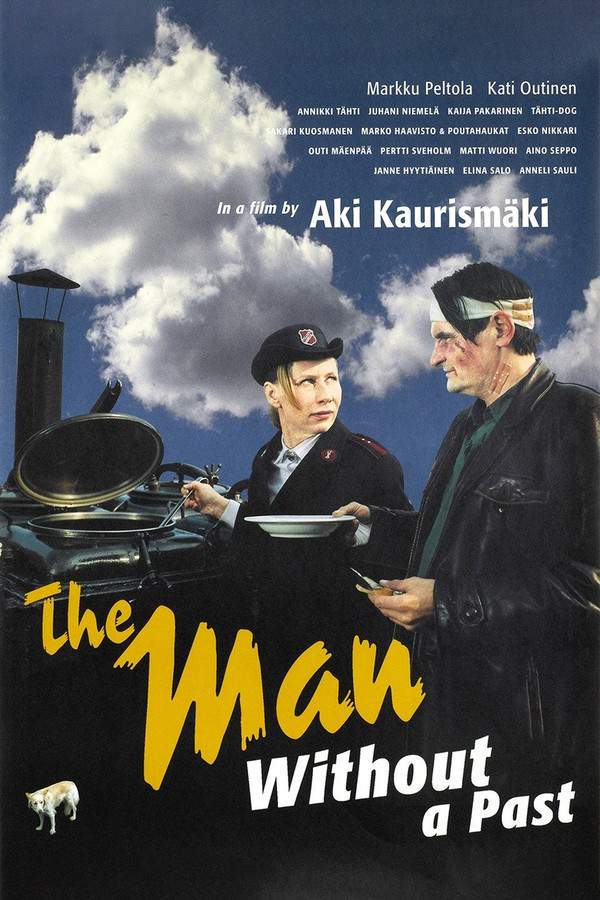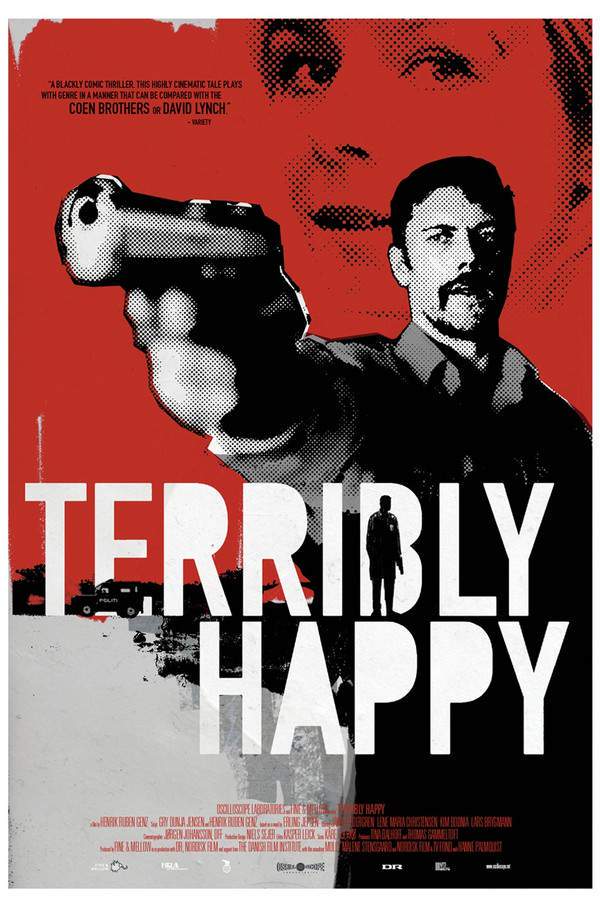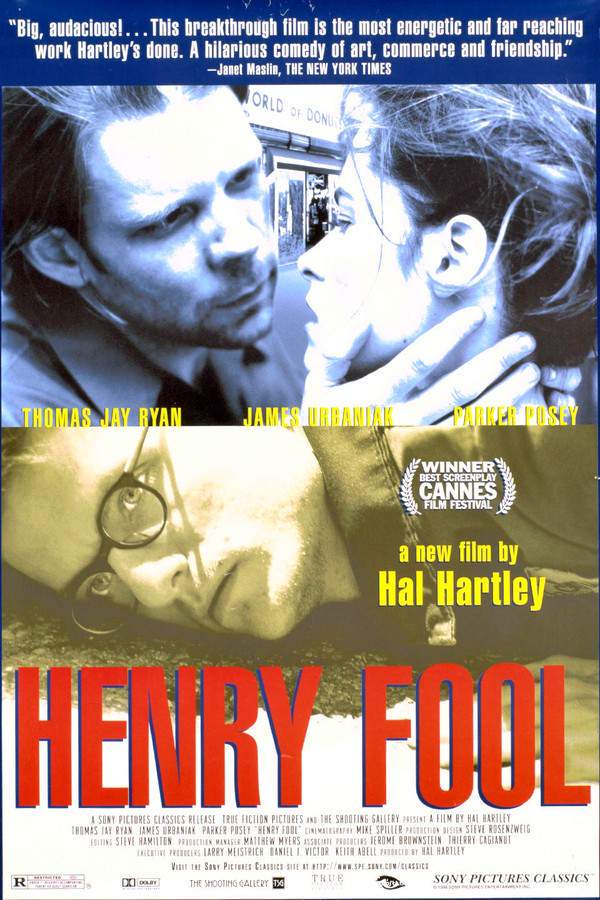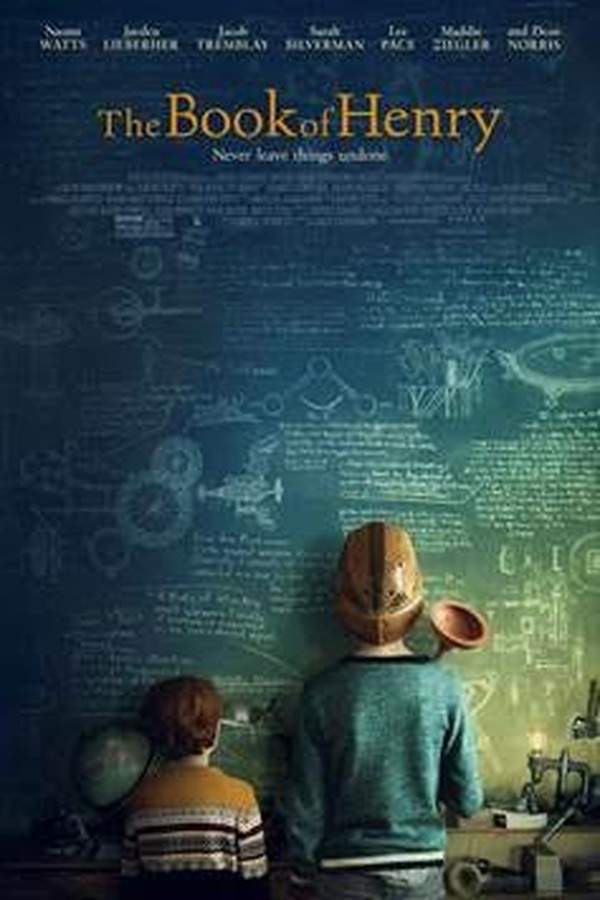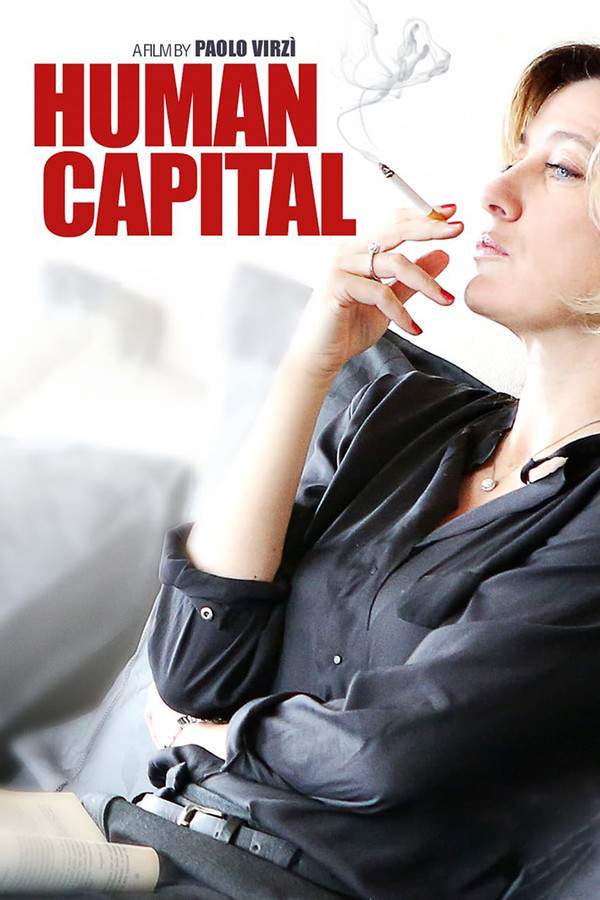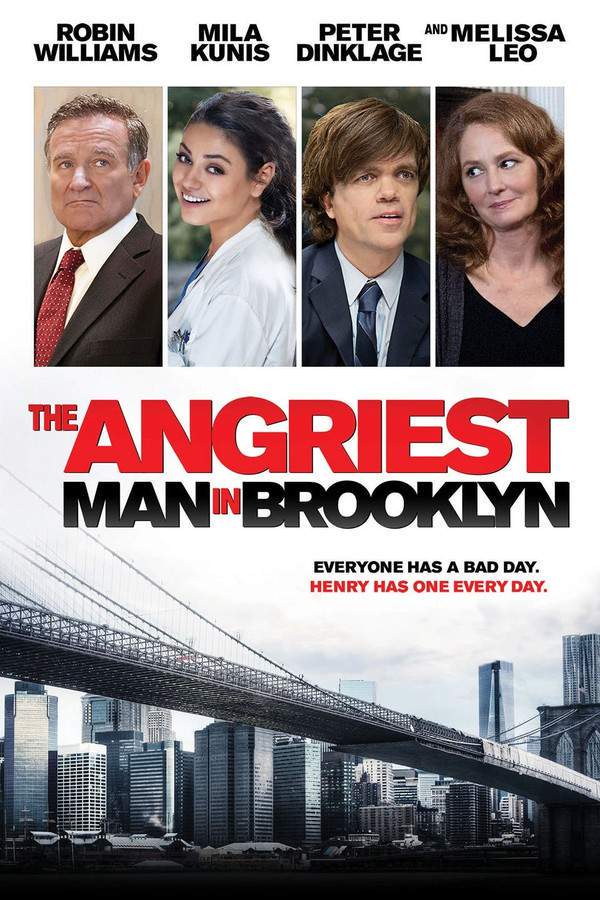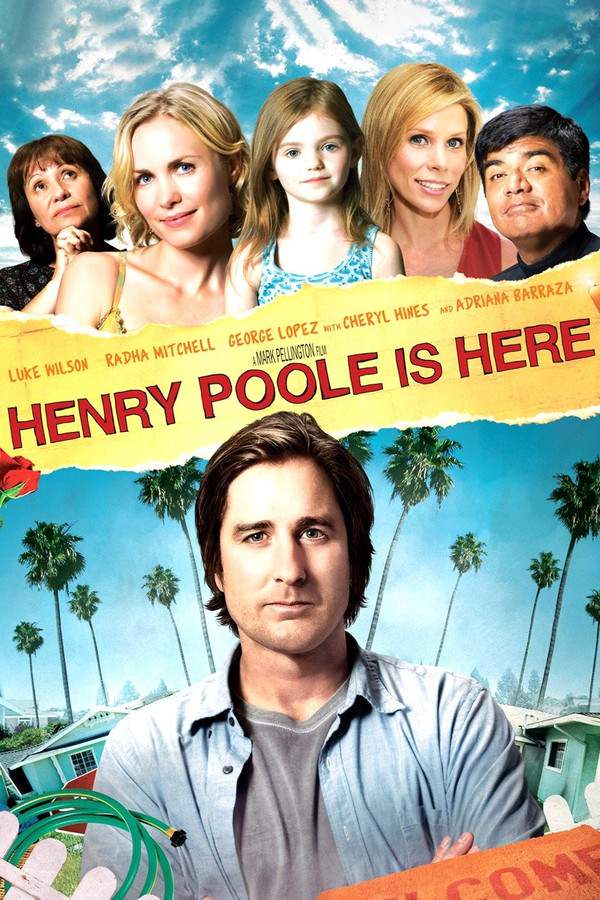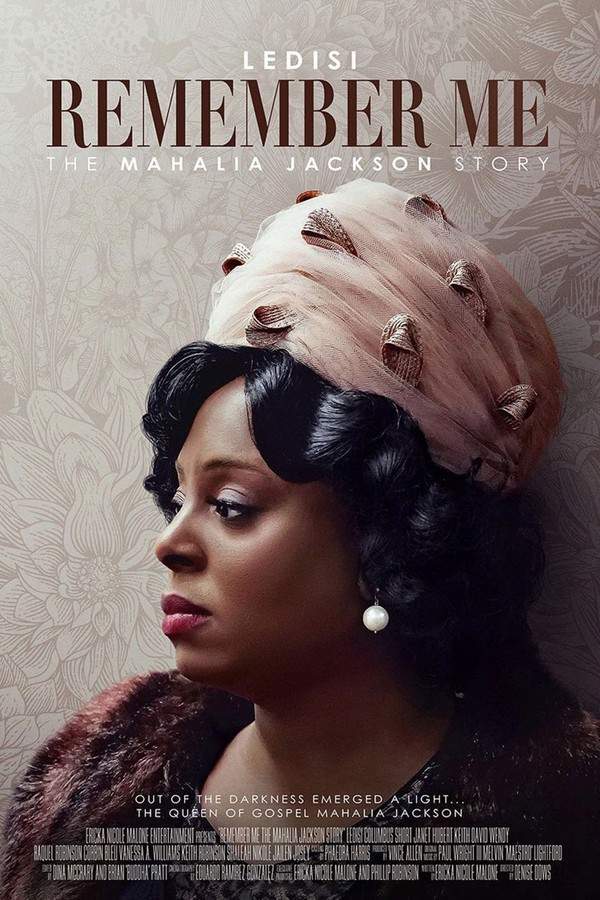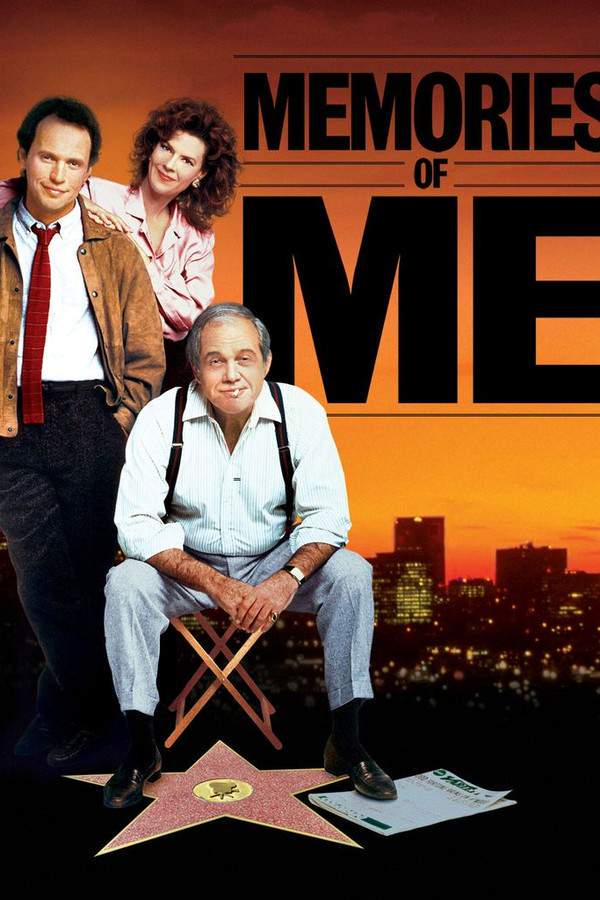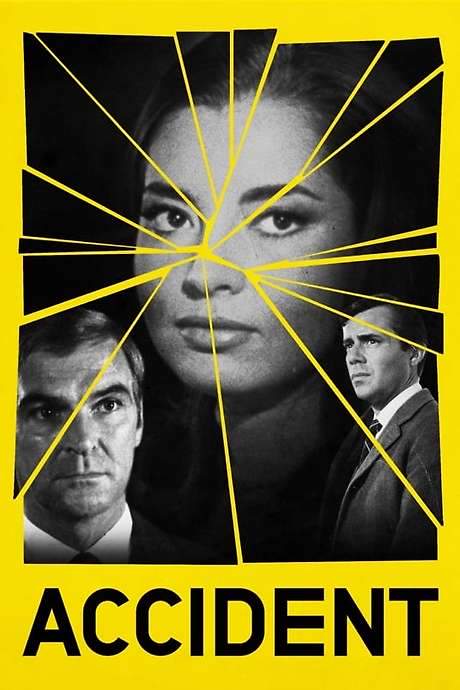Regarding Henry 1991
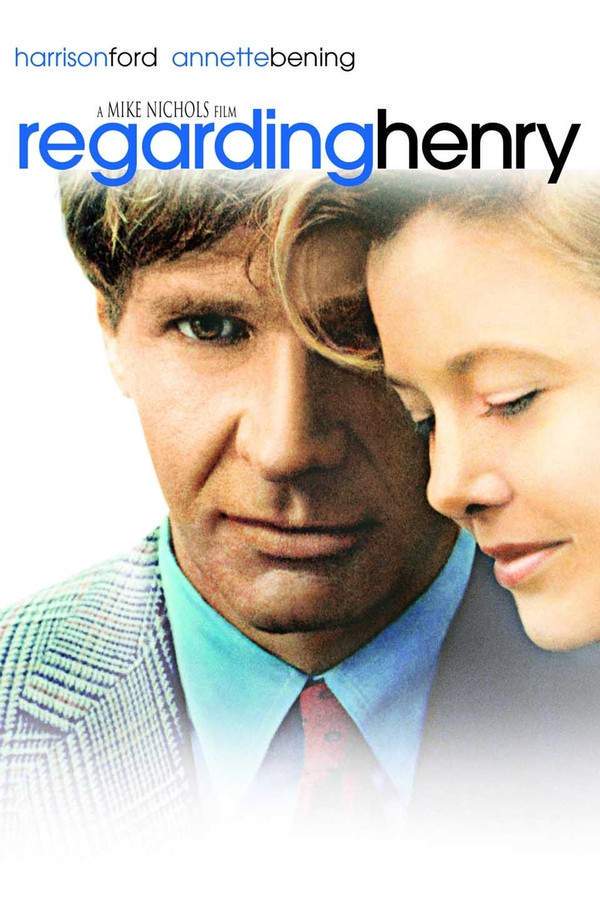
A ruthless corporate lawyer named Henry Turner experiences a life-altering event when he's shot and loses his memory. As he begins to recover, he discovers a surprising empathy and compassion, fundamentally changing his perspective. This transformation challenges his colleagues, friends, and family to reconsider their relationships with the man he has become, forcing them to confront their own values and choices.
Does Regarding Henry have end credit scenes?
No!
Regarding Henry does not have end credit scenes. You can leave when the credits roll.
Meet the Full Cast and Actors of Regarding Henry
Explore the complete cast of Regarding Henry, including both lead and supporting actors. Learn who plays each character, discover their past roles and achievements, and find out what makes this ensemble cast stand out in the world of film and television.
External Links and Streaming Options
Discover where to watch Regarding Henry online, including streaming platforms, rental options, and official sources. Compare reviews, ratings, and in-depth movie information across sites like IMDb, TMDb, Wikipedia or Rotten Tomatoes.
Ratings and Reviews for Regarding Henry
See how Regarding Henry is rated across major platforms like IMDb, Metacritic, and TMDb. Compare audience scores and critic reviews to understand where Regarding Henry stands among top-rated movies in its genre.

47
Metascore
6.9
User Score


%
TOMATOMETER

0%
User Score

65
%
User Score
Take the Ultimate Regarding Henry Movie Quiz
Challenge your knowledge of Regarding Henry with this fun and interactive movie quiz. Test yourself on key plot points, iconic characters, hidden details, and memorable moments to see how well you really know the film.
Regarding Henry Quiz: Test your knowledge of the complex narrative and characters in 'Regarding Henry'.
What profession does Henry Turner have?
Lawyer
Doctor
Accountant
Artist
Show hint
Full Plot Summary and Ending Explained for Regarding Henry
Read the complete plot summary of Regarding Henry, including all major events, twists, and the full ending explained in detail. Explore key characters, themes, hidden meanings, and everything you need to understand the story from beginning to end.
Henry Turner, portrayed by Harrison Ford](/actor/harrison-ford), is a wealthy attorney in Manhattan whose relentless ambition and calculating mindset often overshadow his family life. He is absorbed in his high-stakes career, leaving little room for his socialite wife, Sarah, and their troubled preteen daughter, Rachel. Recently, he achieved a significant victory by defending a hospital against a malpractice lawsuit, successfully protecting it from liability, despite the plaintiff’s claims of inadequate warning.
However, one fateful evening changes everything. While at a convenience store indulging his nicotine habit, Henry becomes embroiled in a robbery and is caught in a hail of gunfire. A bullet grazes his right frontal lobe, and another pierces his left subclavian artery, leading to catastrophic internal injuries and cardiac arrest. As he succumbs to a lack of oxygen, irreversible brain damage occurs.
Henry’s survival is astonishing, yet it comes with devastating consequences: he awakens immobilized and mute, suffering from retrograde amnesia. Confined to a nursing facility, he embarks on a grueling journey to regain his movement and speech, guided by a dedicated physical therapist named Bradley. The financial strain on his family is profound, but his gradual recovery ultimately allows him to return home.
Once back, Henry struggles to reconnect with his family, feeling like a stranger in his own life. Sarah enrolls Rachel in a prestigious school outside Manhattan, but the young girl struggles to adapt to her new environment. During the orientation, Henry crafts a comforting story to alleviate Rachel’s anxieties, demonstrating his newly discovered empathy.
As Henry and Sarah rekindle their relationship, reliving cherished moments from their past, he longs for the closeness he once shared with Rachel, who seems increasingly withdrawn. His professional life pivots when his law firm reinstates him, albeit with reduced responsibilities. The notion of downsizing their lifestyle resonates with Sarah, prompting Henry to confront the emptiness that had defined his previous existence.
A dinner party presents Henry with the harsh reality of his tarnished reputation, as cruel whispers from acquaintances reveal the detrimental impact of his absence. Amidst this turmoil, he uncovers a series of letters from a former colleague to Sarah, disclosing an affair that could have torn apart their marriage had Henry not been incapacitated.
This revelation triggers an emotional upheaval for Henry, forcing him to reevaluate his relationships and the man he used to be. Confronted by Linda, a former lover who exposes her treachery, he begins questioning his identity and place in the world. In a moment of reckoning, Henry makes the crucial decision to turn over incriminating documents that his firm had concealed, effectively vindicating the plaintiff’s claims and initiating a long-awaited accountability.
With a heavy heart, he resigns from the firm, recognizing the ethical necessity of distancing himself from an organization steeped in deceit. This newfound clarity starkly contrasts the darkness Sarah had cautioned him about, but Henry finally accepts the bitter truth that all he believed to be right was, in fact, wrong.
In a heartfelt act of reconciliation, he reaches out to Sarah and together they find closure, their bonds deepened by their shared experiences. They embark on a mission to liberate Rachel from the institution that stifled her growth. The joy on Rachel’s face is unmistakable as she reunites with her parents, and as they leave the building, she joyfully discards her school hat, symbolizing her liberation, much like a butterfly emerging from its cocoon, ready to embrace a vibrant new future.
Uncover the Details: Timeline, Characters, Themes, and Beyond!

Coming soon on iOS and Android
The Plot Explained Mobile App
From blockbusters to hidden gems — dive into movie stories anytime, anywhere. Save your favorites, discover plots faster, and never miss a twist again.
Sign up to be the first to know when we launch. Your email stays private — always.
Watch Trailers, Clips & Behind-the-Scenes for Regarding Henry
Watch official trailers, exclusive clips, cast interviews, and behind-the-scenes footage from Regarding Henry. Dive deeper into the making of the film, its standout moments, and key production insights.
Cars Featured in Regarding Henry
Explore all cars featured in Regarding Henry, including their makes, models, scenes they appear in, and their significance to the plot. A must-read for car enthusiasts and movie buffs alike.
Regarding Henry Themes and Keywords
Discover the central themes, ideas, and keywords that define the movie’s story, tone, and message. Analyze the film’s deeper meanings, genre influences, and recurring concepts.
Regarding Henry Other Names and Titles
Explore the various alternative titles, translations, and other names used for Regarding Henry across different regions and languages. Understand how the film is marketed and recognized worldwide.
Similar Movies To Regarding Henry You Should Know About
Browse a curated list of movies similar in genre, tone, characters, or story structure. Discover new titles like the one you're watching, perfect for fans of related plots, vibes, or cinematic styles.
Quick Links: Summary, Cast, Ratings, More

What's After the Movie?
Not sure whether to stay after the credits? Find out!
Explore Our Movie Platform
New Movie Releases (2025)
Famous Movie Actors
Top Film Production Studios
Movie Plot Summaries & Endings
Major Movie Awards & Winners
Best Concert Films & Music Documentaries
Movie Collections and Curated Lists
© 2025 What's After the Movie. All rights reserved.



